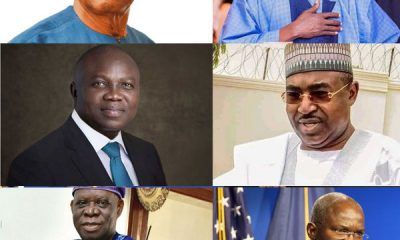General
How Lekki Was Created After A Robbery Attack On President Babangida
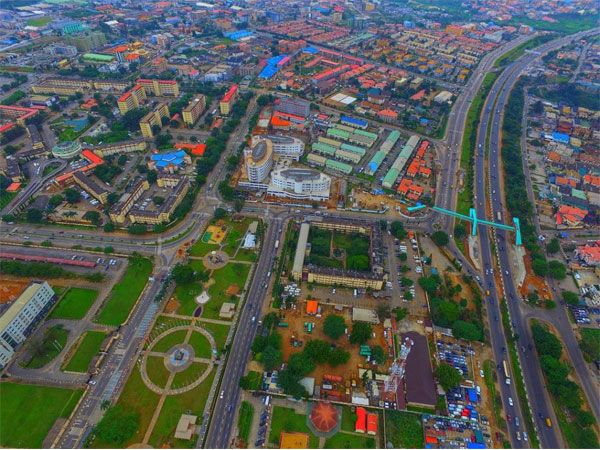 Lekki is an area on Lagos Island in Nigeria that houses expensive residential suburbs.
The area called Lekki borders the largely residential Ikoyi and Victoria Island – a business zone.
Lekki has evolved into a sanctuary for the wealthy and powerful.
Lekki phase 1 is one of its neighborhoods and is known for having some of Lagos State’s most costly real estate.
However, what a lot of people don’t know about Lekki is that the area was formerly a slum, called Maroko.
Lekki is an area on Lagos Island in Nigeria that houses expensive residential suburbs.
The area called Lekki borders the largely residential Ikoyi and Victoria Island – a business zone.
Lekki has evolved into a sanctuary for the wealthy and powerful.
Lekki phase 1 is one of its neighborhoods and is known for having some of Lagos State’s most costly real estate.
However, what a lot of people don’t know about Lekki is that the area was formerly a slum, called Maroko.
-
READ ALSO: Meet The 14 Former Governors Of Lagos State
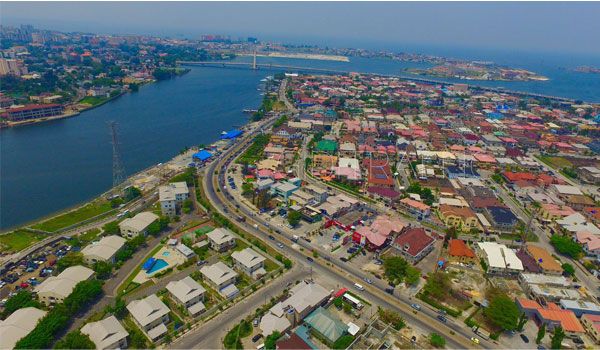
Maroko
Maroko used to be located in the areas that are currently known as Lekki Phase 1, Oniru Royal Estate and some part of Victoria Island. Then, Victoria Island stopped at Adetokunbo Ademola area, beyond these places was marshy land. Maroko was primarily populated by low-income earners. It was a service town to other neighbourhoods. The community provided domestic or unskilled services to the adjoining highbrow areas like Victoria Island and Ikoyi. Maroko was home to around 300,000 people at the time. The settlement was made up of predominantly Ijaw and Ilaje people and of course Yorubas. Maroko was not originally a single community. It had 30 constituent villages in three divisions. Some of the villages had the Oniru Chieftaincy Family as their head. Others had the Elegushi and Onikoyi Chieftaincy Families as their heads respectively.Lekki-Epe expressway
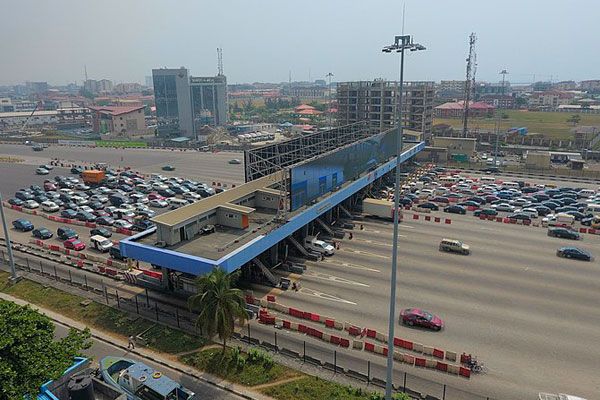 .
In the early 80s, the Lagos State government under civilian governor Alhaji Lateef Jakande made an attempt to evict the community. The attempt resulted in turmoil and the deaths of government employees.
However, it was Jakande, who actually opened up the Lekki peninsula. This happened when he broke through the forests and the swamps with his road-building crew. That was when he constructed first class roads from Ozumba Mbadiwe to the fringes of Epe. This helped Lagos State’s Eastern Corridor become more accessible. The work was pushed to Epe by Gbolahan Mudashiru, the military administrator who took over after him.
That was how the Jakande administration constructed the road now known as the Lekki-Epe expressway along the Makoko axis.
.
In the early 80s, the Lagos State government under civilian governor Alhaji Lateef Jakande made an attempt to evict the community. The attempt resulted in turmoil and the deaths of government employees.
However, it was Jakande, who actually opened up the Lekki peninsula. This happened when he broke through the forests and the swamps with his road-building crew. That was when he constructed first class roads from Ozumba Mbadiwe to the fringes of Epe. This helped Lagos State’s Eastern Corridor become more accessible. The work was pushed to Epe by Gbolahan Mudashiru, the military administrator who took over after him.
That was how the Jakande administration constructed the road now known as the Lekki-Epe expressway along the Makoko axis.
The Robbery Attack
As Military Governor of Lagos, the fear of the then Colonel Raji Rasaki was the beginning of wisdom. During his tenure as governor in Lagos, he tackled robbers, He built roads, etc. However, he is best known for levelling the dreaded shanty town called Maroko, which has given birth to today’s Oniru/Victoria Island Extension and Lekki. Lagos State military Governor, Col. Raji Rasaki, saw the potential of Maroko. He then spoke about it to the then military president, Gen. Ibrahim Babangida. On November 17, 1989, Babangida visited Maroko with Rasaki and Olatunde Beecroft, the head of the then-new Eti-Osa Local Government, and they saw the area’s potential.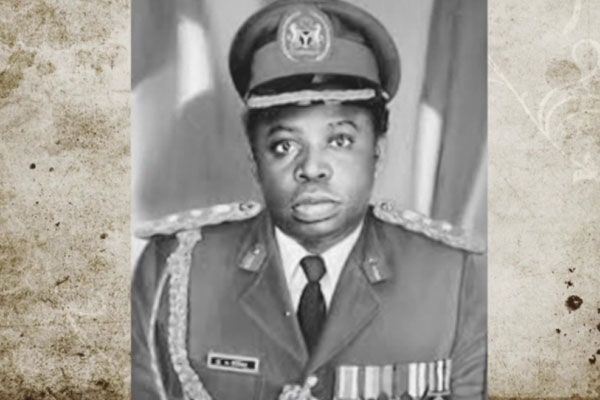
Colonel Raji Rasaki
-
READ ALSO: 8 Nigerian Celebrities Who Own Hotels
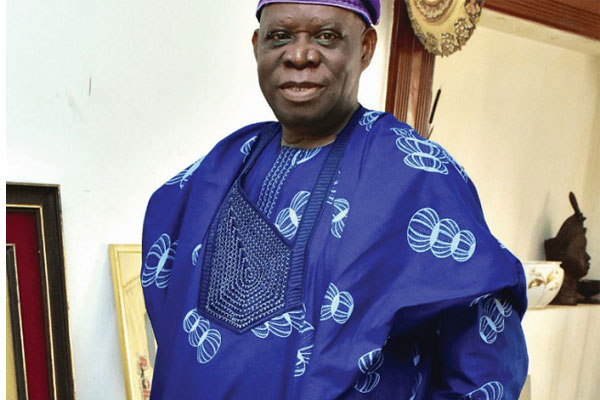
Former Lagos State Military Governor, Brigadier-General Raji Rasaki (Rtd)
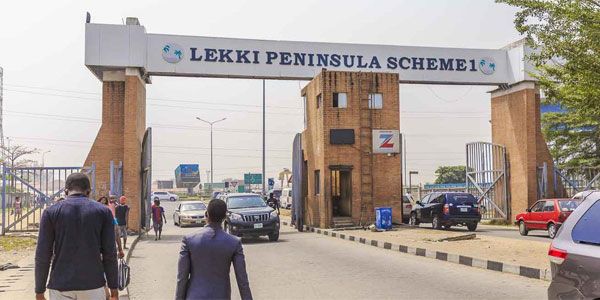 Col. Rasaki assured the inhabitants that elites would not be given access to Maroko land after it had been sand filled. He also promised that former residents would be welcomed back after the government had perhaps brought the area under control.
Soon Raji Rasaki and his allies became overwhelmed by public outcry and condemnation for the eviction.
The government then made an announcement that the displaced Maroko residents were to proceed to alternative accommodation at the abandoned government estates at both Ilasan (Ilasan Housing Estate by Lekki beach road) , and Ikota villages. These locations were 6km and 10km respectively east of old Maroko. Many of the residents relocated to Abesan Estate and Epe.
This mass relocation saw the creation of a New Town in the Lekki Peninsula (starting from Ilado/Maroko to Ilasan embracing about 16 villages and towns) to accommodate the increasingly growing population in Lagos Island and Mainland.
These new locations for the former Makoko residents were lacking in good road, water, electricity, and several amenities. 30 years after, the abandonment still persists. Thus, these areas have naturally degenerated to several slums.
Meanwhile, lands in the reclaimed Makoko, now known as the Lekki peninsula, were sold at exorbitant prices to wealthy government officials, business people, and anyone rich enough to acquire the pricey land.
Col. Rasaki assured the inhabitants that elites would not be given access to Maroko land after it had been sand filled. He also promised that former residents would be welcomed back after the government had perhaps brought the area under control.
Soon Raji Rasaki and his allies became overwhelmed by public outcry and condemnation for the eviction.
The government then made an announcement that the displaced Maroko residents were to proceed to alternative accommodation at the abandoned government estates at both Ilasan (Ilasan Housing Estate by Lekki beach road) , and Ikota villages. These locations were 6km and 10km respectively east of old Maroko. Many of the residents relocated to Abesan Estate and Epe.
This mass relocation saw the creation of a New Town in the Lekki Peninsula (starting from Ilado/Maroko to Ilasan embracing about 16 villages and towns) to accommodate the increasingly growing population in Lagos Island and Mainland.
These new locations for the former Makoko residents were lacking in good road, water, electricity, and several amenities. 30 years after, the abandonment still persists. Thus, these areas have naturally degenerated to several slums.
Meanwhile, lands in the reclaimed Makoko, now known as the Lekki peninsula, were sold at exorbitant prices to wealthy government officials, business people, and anyone rich enough to acquire the pricey land.
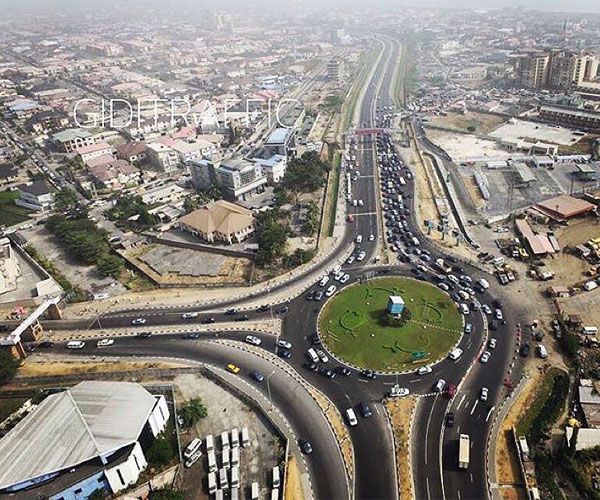
Credit: Giditraffic
Discover more from Jojo Naija
Subscribe to get the latest posts sent to your email.
Continue Reading

